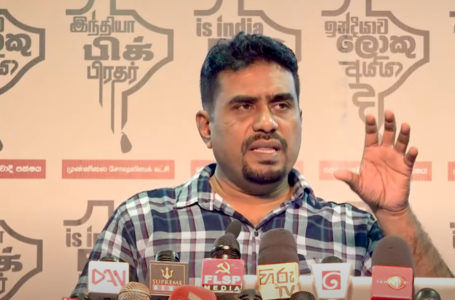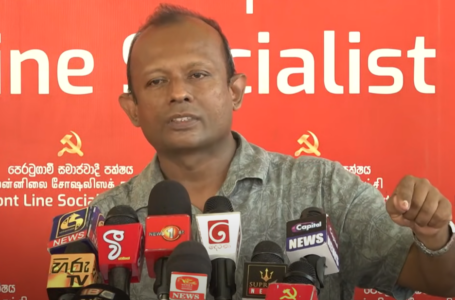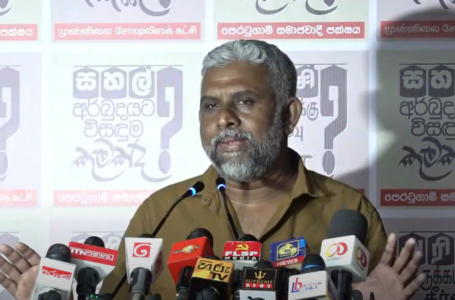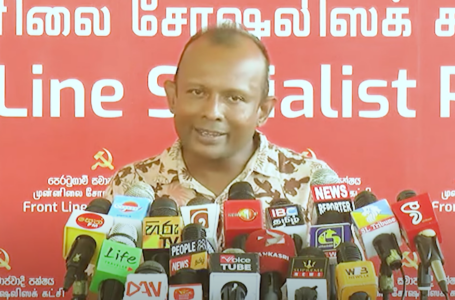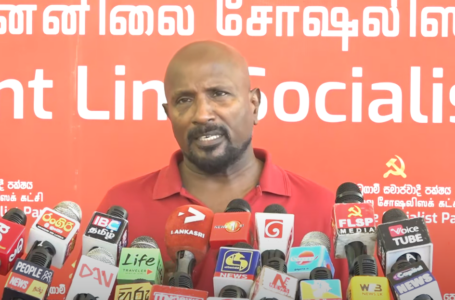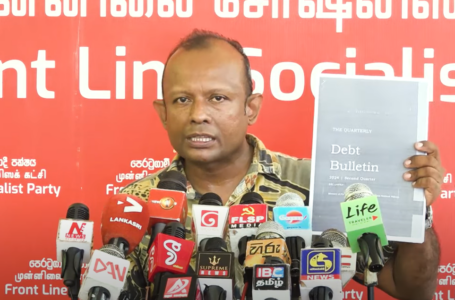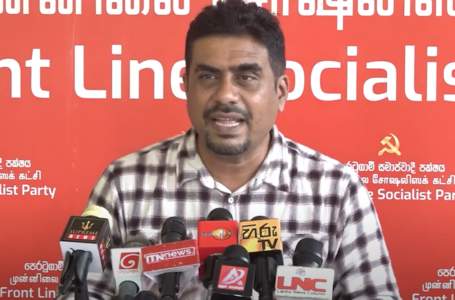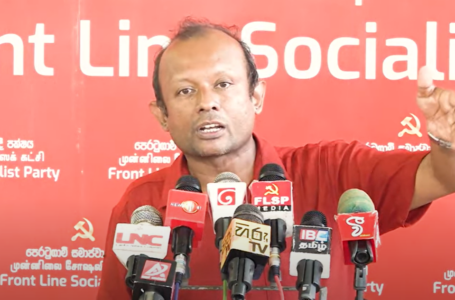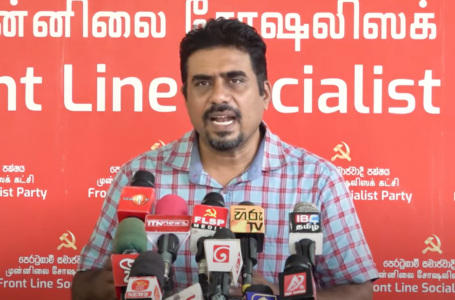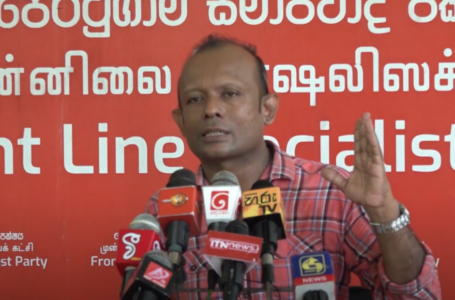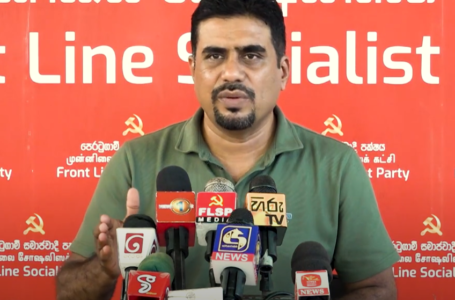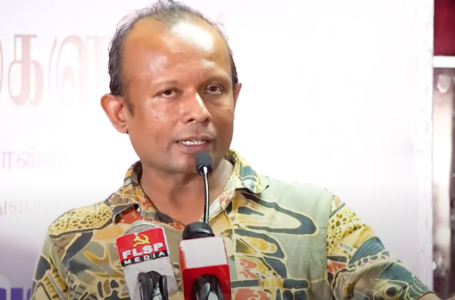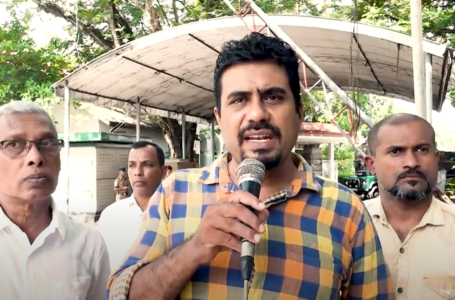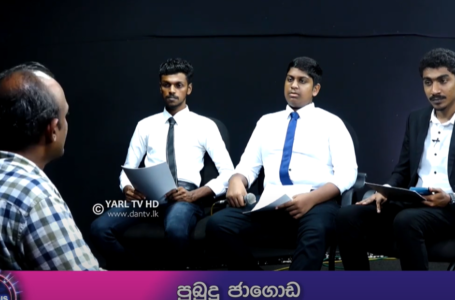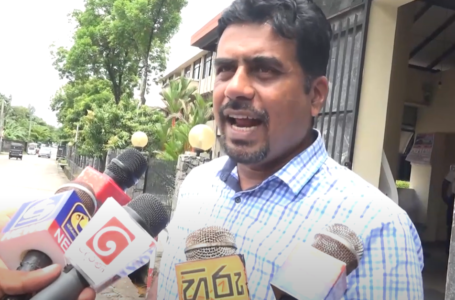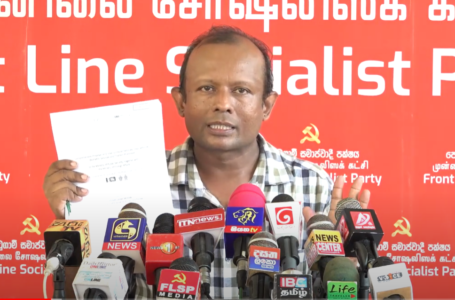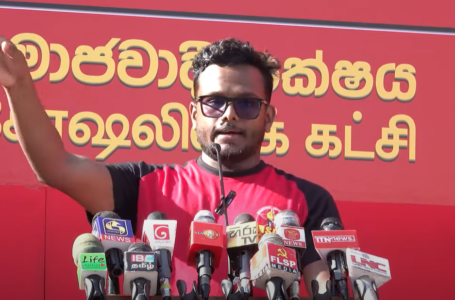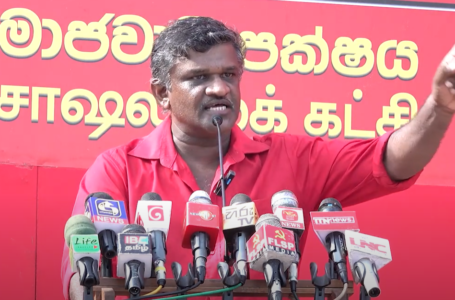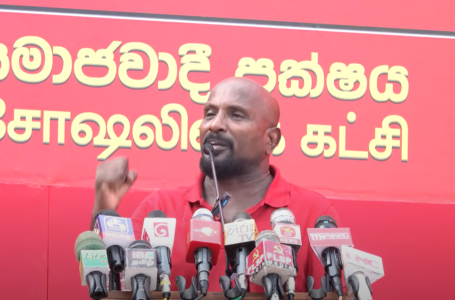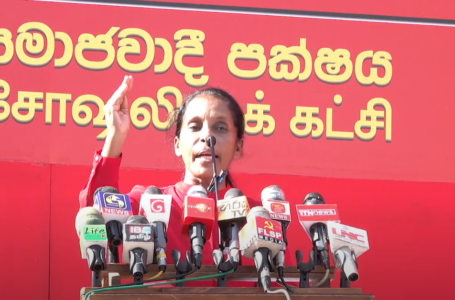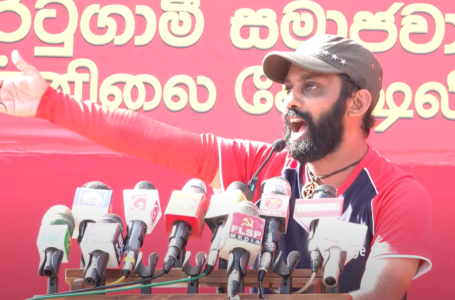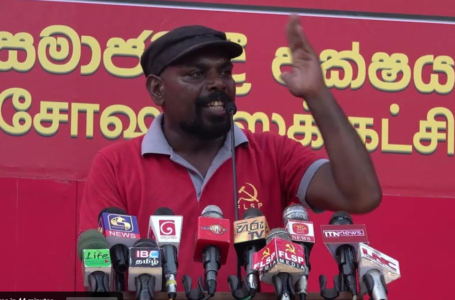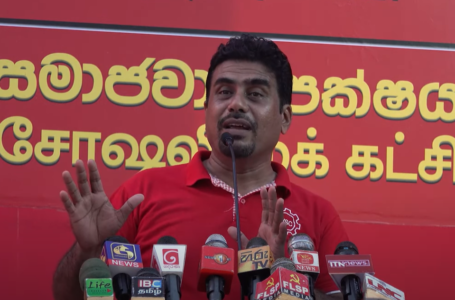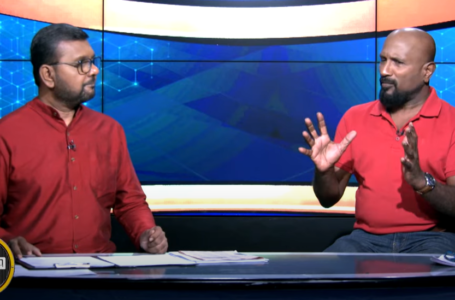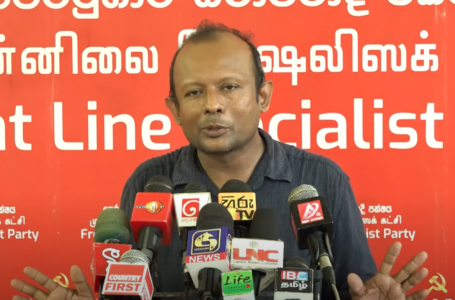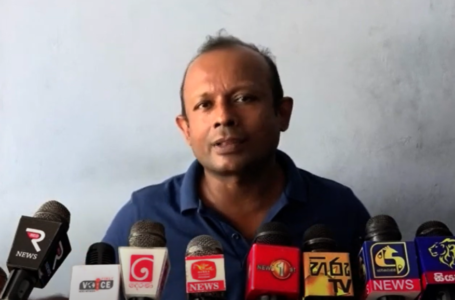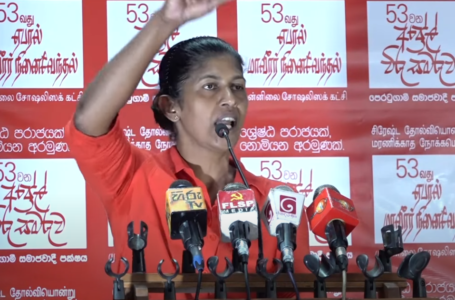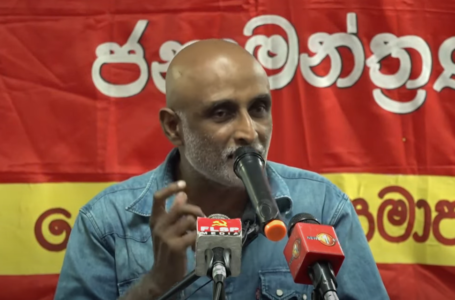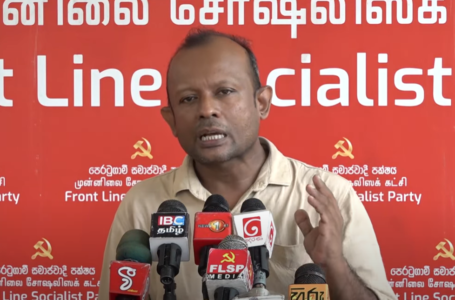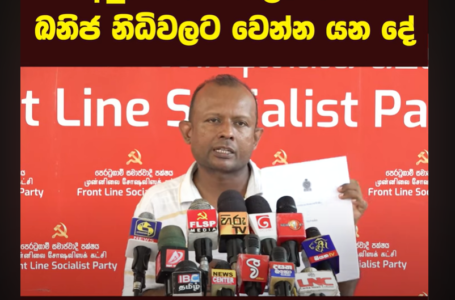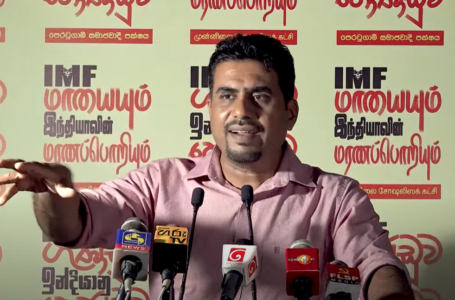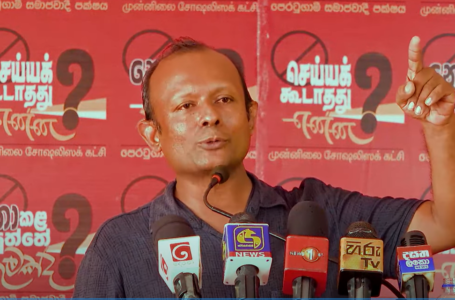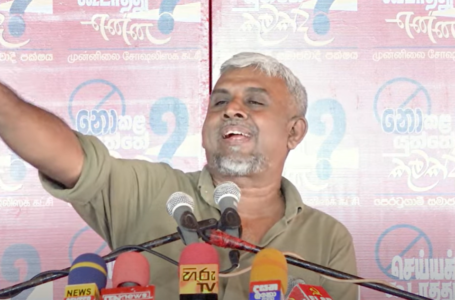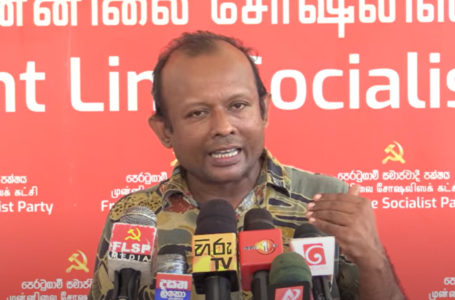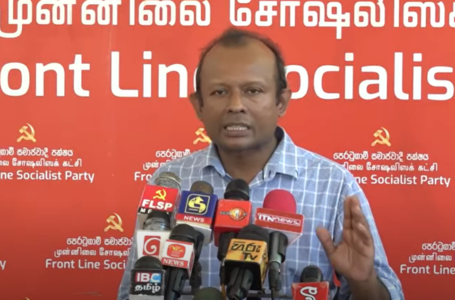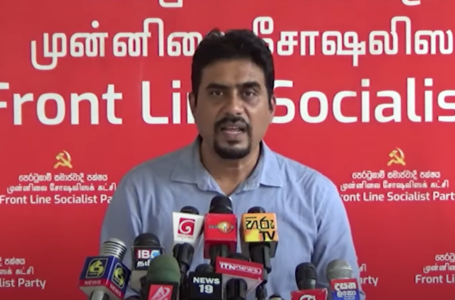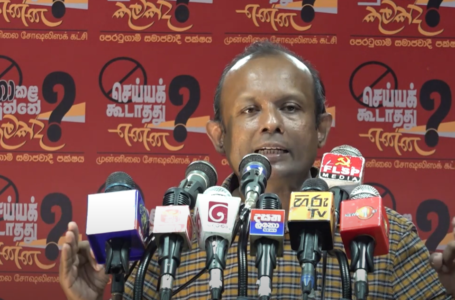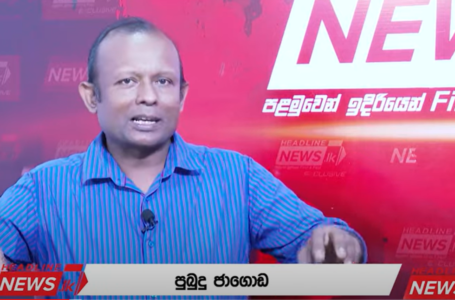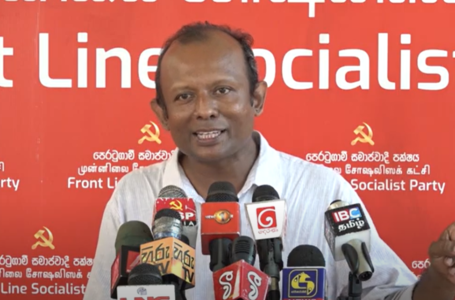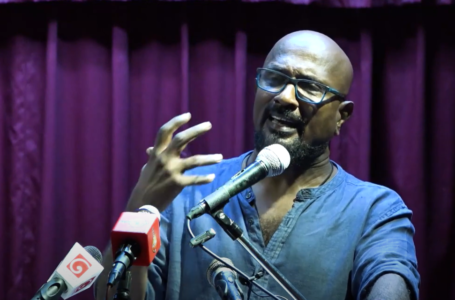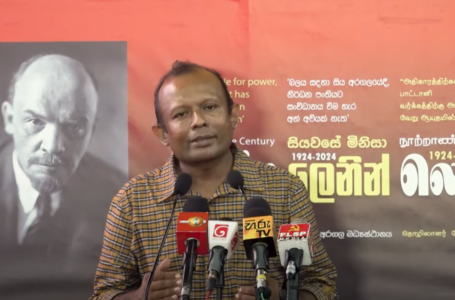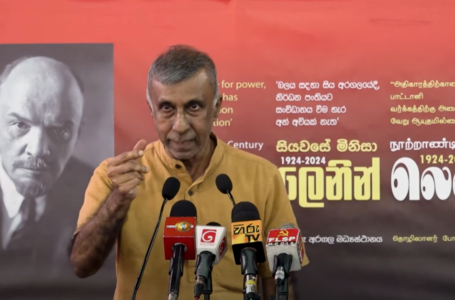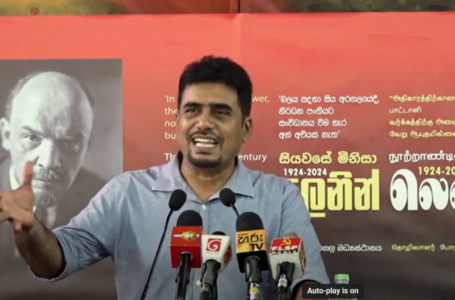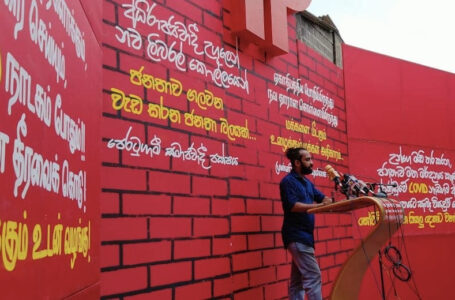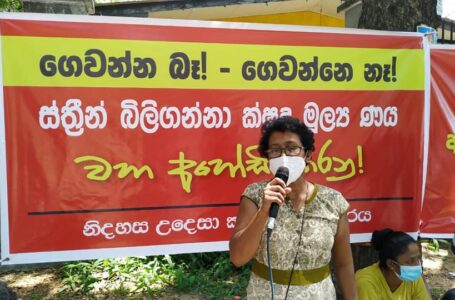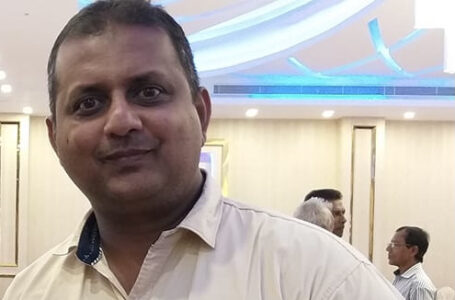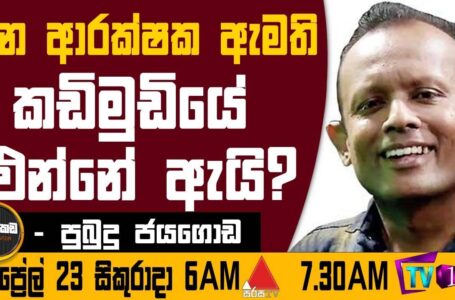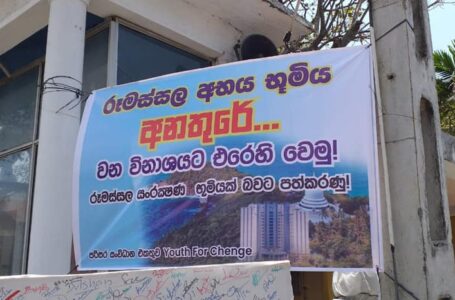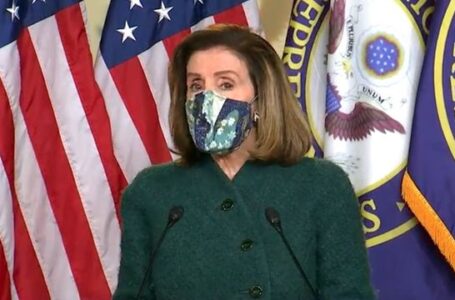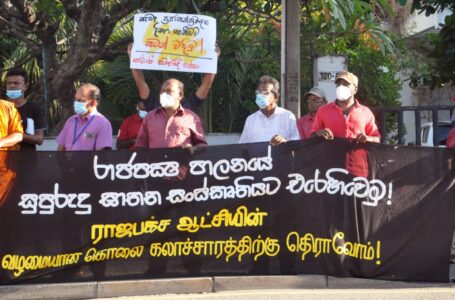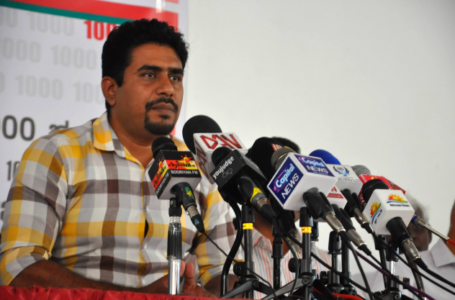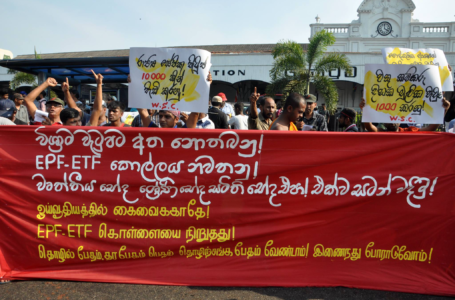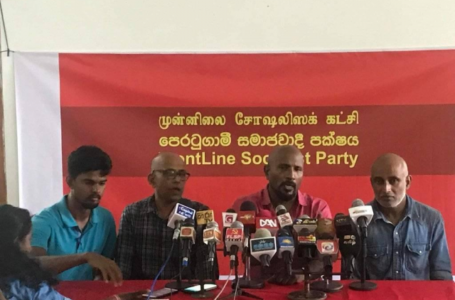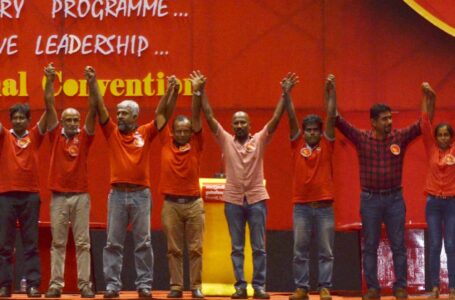US State Secretary visit- Sri Lanka towards a crossfire of China and USA
- Vidhura
- December 16, 2020
- 11768
- 4 minute read
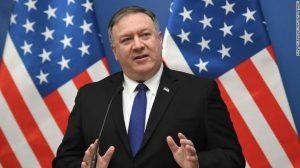
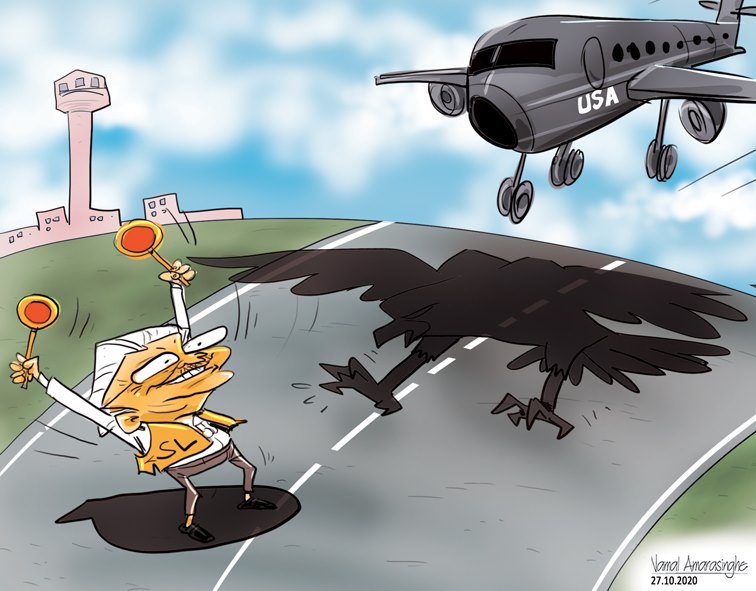
US Secretary Of State – Mike Pompeo
Sri Lanka amidst the US and China crossfire - Cartoonist Namal Amarasinghe
A few weeks ago, a high ranking delegation of china arrived in Sri Lanka despite the developing covid-19 epidemic situation. Soon after the said visit, the USA state ministry issued a statement condemning the Chinese intervention to the Asia-Pacific region. Furthermore, US Secretary of State Michael R. Pompeo will be arriving in Sri Lanka today (27th October 2020) on an invitation extended by the Sri Lankan Government. During his visit, Pompeo will hold official discussions with the Lankan leadership as well as with his counterpart. Secretary of State Pompeo is the highest-level US dignitary to visit Sri Lanka during the tenure of US President Donald Trump.
In the meantime, China has accused the US of attempting to “bully” countries over their foreign relations, days ahead of the US state secretary’s visit to Sri Lanka. In a statement, the US Embassy in Sri Colombo said that their arrival and stay had been organized in close coordination with the Government of Sri Lanka. A senior State Department official said that the US urging Sri Lanka, to make “difficult but necessary choices” to secure its economic independence, instead of choosing ambiguous practises.
There is an ongoing debate that this visit focused on signing trade and security agreements with the USA or on discussing a framework of such agreements. The Millennium Challenge Corporation agreement is one of the controversial agreements that the USA government has been insisting on signing with Sri Lanka. SOFA is another controversial agreement the US was proposing to the Acquisition and Cross Services Agreement (ACSA) initially signed in 2007 and renewed in 2017. The signatories to the agreement were, then Ambassador of the US to Sri Lanka Robert O’Blake and former Defence Secretary Gotabaya Rajapaksa.
The ACSA provides for joint military cooperation between Sri Lanka and the US and includes logistic support, supplies, services and the use of airports and ports during ‘unforeseen circumstances’. While the 2007 ACSA, permits US military vessels to anchor in Sri Lankan ports on and off basis, the 2017 ACSA appears to be “open-ended”.
Already MCC projects have been implemented in several African and Asian countries. In several countries, the projects are based on MCC and paved the way for economic invasion and environmental destruction.
Approval of the MCC will automatically approve another two agreements. Sri Lanka will be bound by three agreements simultaneously. The acceptance of MCC allows the US to operate without any objections or interference from the government in the country. This situation is likely to generate strong opposition from people in the country to these US operations. It can also lead to economic and political instability in the country.
In terms of MCC, 200 km corridor extending from Colombo to Trincomalee will be declared for agriculture projects. It is claimed that the Sri Lankan government owns 85% of the land in this corridor, and most of this land is currently used by people in the area for agriculture-related activities. The ulterior motive of declaring 200km for the agriculture project is to open the door for foreign investors to purchase land in this region. It is estimated that Sri Lanka has nearly 14 million individual land units and the Lands Department surveyed only about 10% so far from this number since the survey was started more than 15 years ago. The president has given an order recently to expedite the land ownership survey. Once the land survey is complete, the current users of these lands could likely be the owners of the land they occupy.
President Gotabhya Rajapaksha and his political party were able to secure 2/3 majority in the parliament by the general election held in August 2020. The main slogans of the ruling party reflect nationalists and anti-imperialistic ideologies. However, the groups and individuals who carried out the nationalist slogans in their shoulders to bring President Gotbhya to power now openly express their views against this surrendering approach of the government.
It is clear, and this is not a crisis of a particular party or an individual, this is the crisis of capitalism. Inevitably the people of the country have to face severe economic problems due to the current fall down of the economy, which is further aggravated by the epidemic. Instead of understanding the crisis as a failure of the economic system, the president believes imposing oppressive laws is the solutions to curb people’s uprisings. The recent amendment to the constitution has transpired the said motive.

